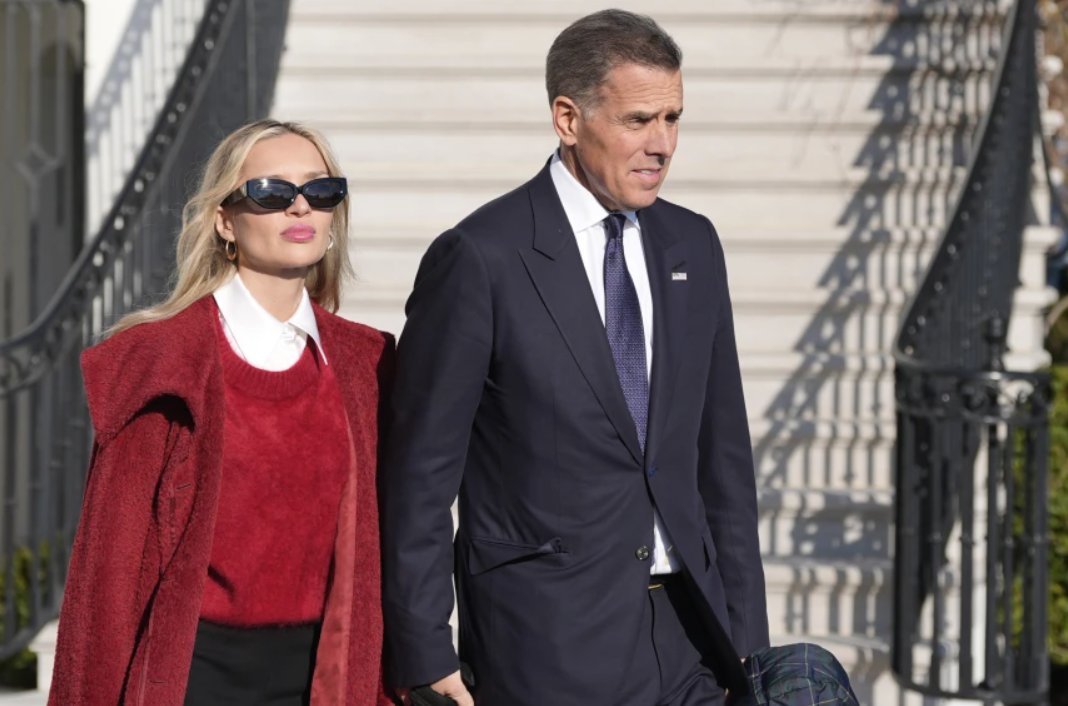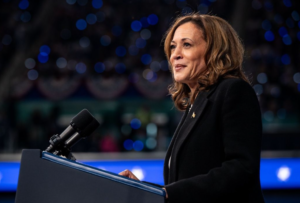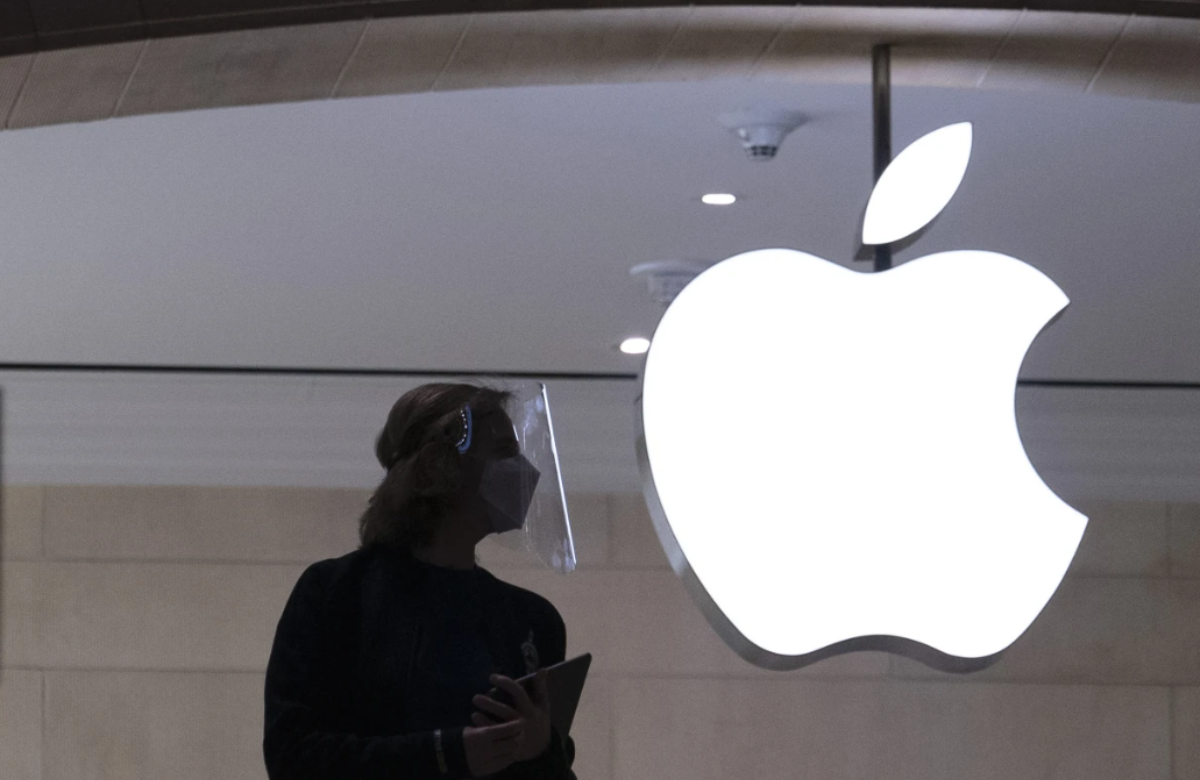President Donald Trump announced that his administration would seek to suspend the security clearances of over 50 former intelligence officials who signed a 2020 letter claiming that the Hunter Biden laptop incident had the characteristics of a “Russian information operation.”
This move signals Trump’s intent to retaliate against those he sees as adversaries and highlights the ongoing tension between him and the intelligence community, which he has frequently criticized. The decision, made through an executive order on Monday, could also lead to legal challenges from former officials who wish to retain access to classified government information.
Dan Meyer, a Washington-based lawyer specializing in security clearances, noted that while the president has significant authority over security clearances, the White House could face a judicial appeal from these individuals if they deviate from standard procedures. This could potentially lead to a class-action lawsuit, as the affected former officials share similar circumstances.
The executive order aims to revoke the security clearances of 50 individuals, including the 49 surviving signatories of the 2020 letter. Among those affected are high-profile figures such as James Clapper, the former director of national intelligence under President Barack Obama, and John Brennan, Obama’s former CIA director. Also included is John Bolton, who was dismissed as Trump’s national security adviser during his first term. Bolton later published a book, which the White House attempted to prevent, citing concerns that it revealed classified national security information.
It remains unclear how many of the former officials still hold security clearances.
Mark Zaid, an attorney representing eight of the individuals who signed the letter, stated that Trump’s action was likely intended as a “public policy message to his right-wing supporters,” even if the actual impact is minimal for those who no longer possess or require a clearance. He also mentioned that he would file a lawsuit on behalf of any client wishing to challenge the executive order.
Mark Zaid argued that, regardless of presidential authority, there’s nothing in the current action that would exempt it from existing laws and policies that require due process. He emphasized that both procedural and substantive due process should apply.
The controversy stems from an October 2020 letter signed by former intelligence officials, which raised concerns over the authenticity of emails linked to a laptop allegedly owned by Hunter Biden. According to The New York Post, the laptop had been left at a computer repair shop in Wilmington, Delaware. The newspaper claimed to have obtained the laptop’s hard drive from Rudy Giuliani, a long-time ally of President Trump. The published emails reportedly related to Hunter Biden’s business dealings in Ukraine.
The signatories of the letter expressed uncertainty about the authenticity of the emails but noted that the situation had “all the classic earmarks of a Russian information operation.”
However, John Ratcliffe, Trump’s director of national intelligence and his nominee for CIA director, disagreed with this assessment. Ratcliffe stated that there was no intelligence indicating Russia’s involvement with the laptop. The FBI, which was investigating Hunter Biden’s business dealings, appeared to support Ratcliffe’s position, informing Congress that it had nothing new to add to his statement.
Hunter Biden was later convicted on charges of tax evasion and gun possession but received a pardon from his father last month.
While courts usually avoid intervening in security clearance disputes, Trump’s decision to unilaterally suspend clearances marks a shift from the usual procedure. Typically, individual executive agencies are responsible for investigating a person’s eligibility for a security clearance and determining whether it should be revoked.
During his first term, Trump expressed frustration with an intelligence community he believed was politically biased against him, often pointing to the investigation into possible Russian interference in his 2016 campaign. In August 2018, he announced that he had revoked the security clearance of John Brennan, the former CIA director who oversaw the Russia investigation and became one of Trump’s outspoken critics.













